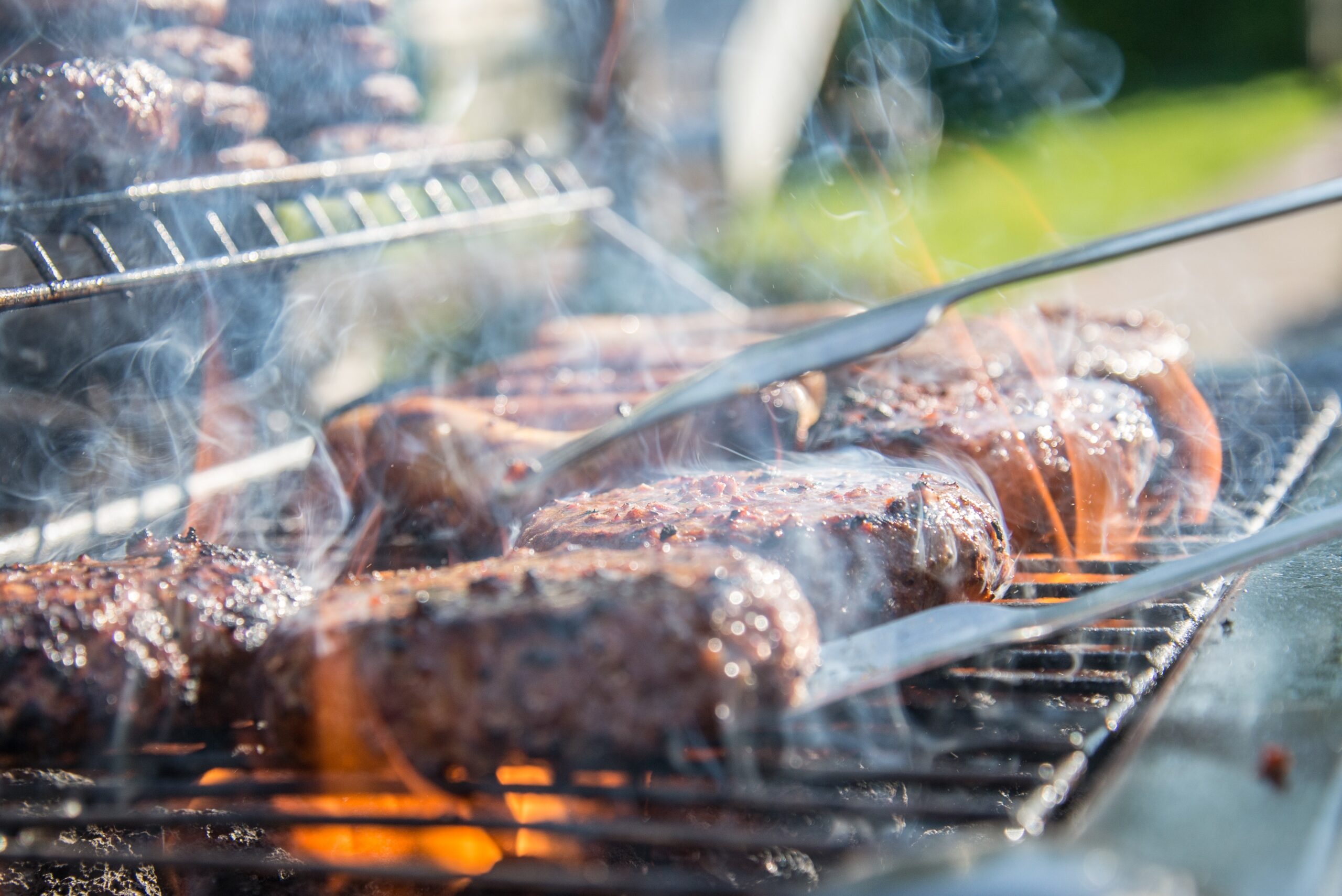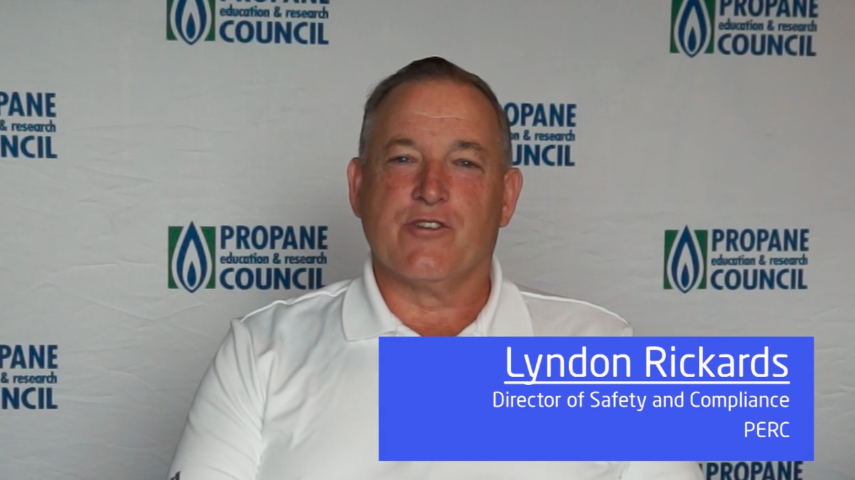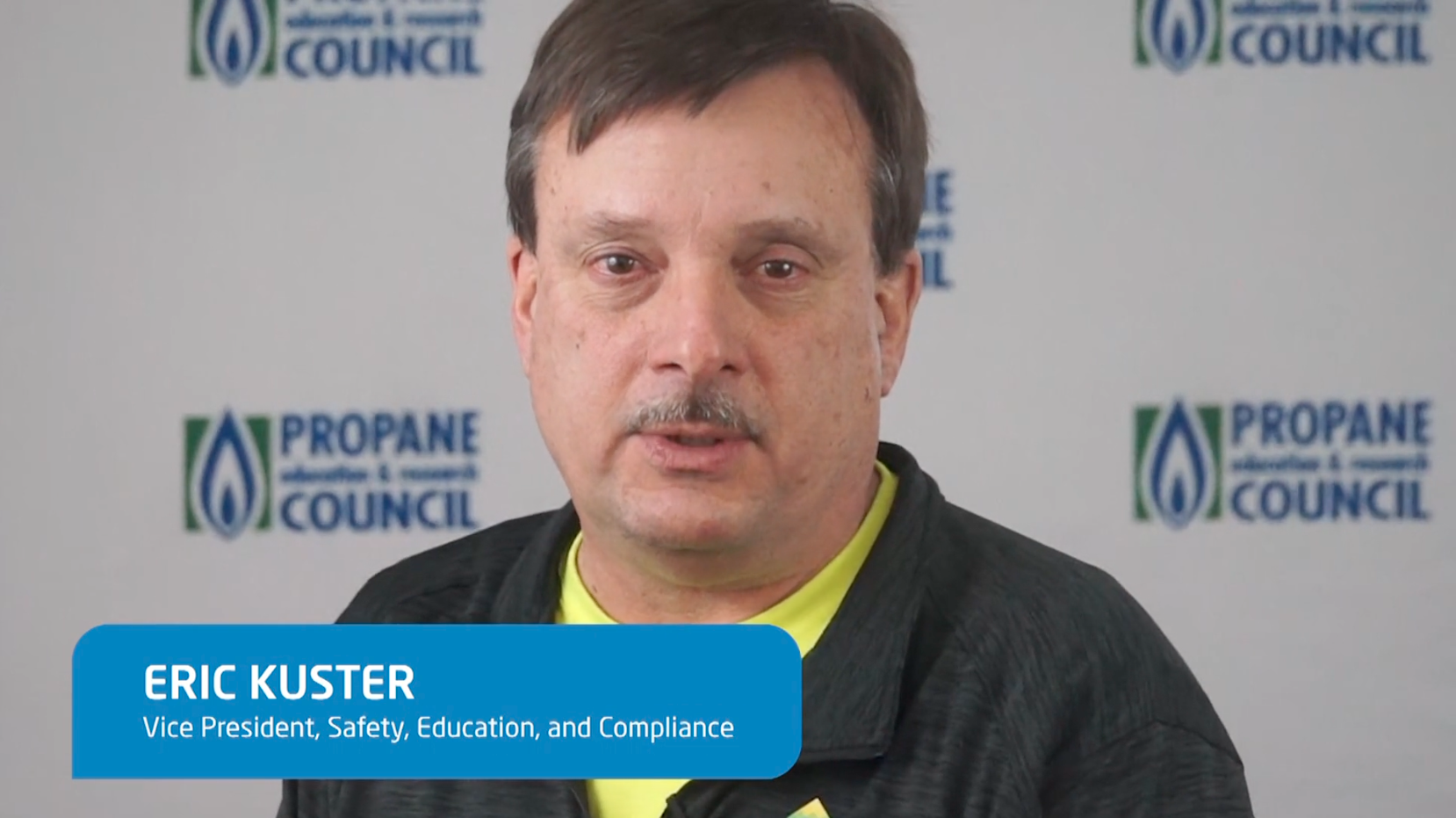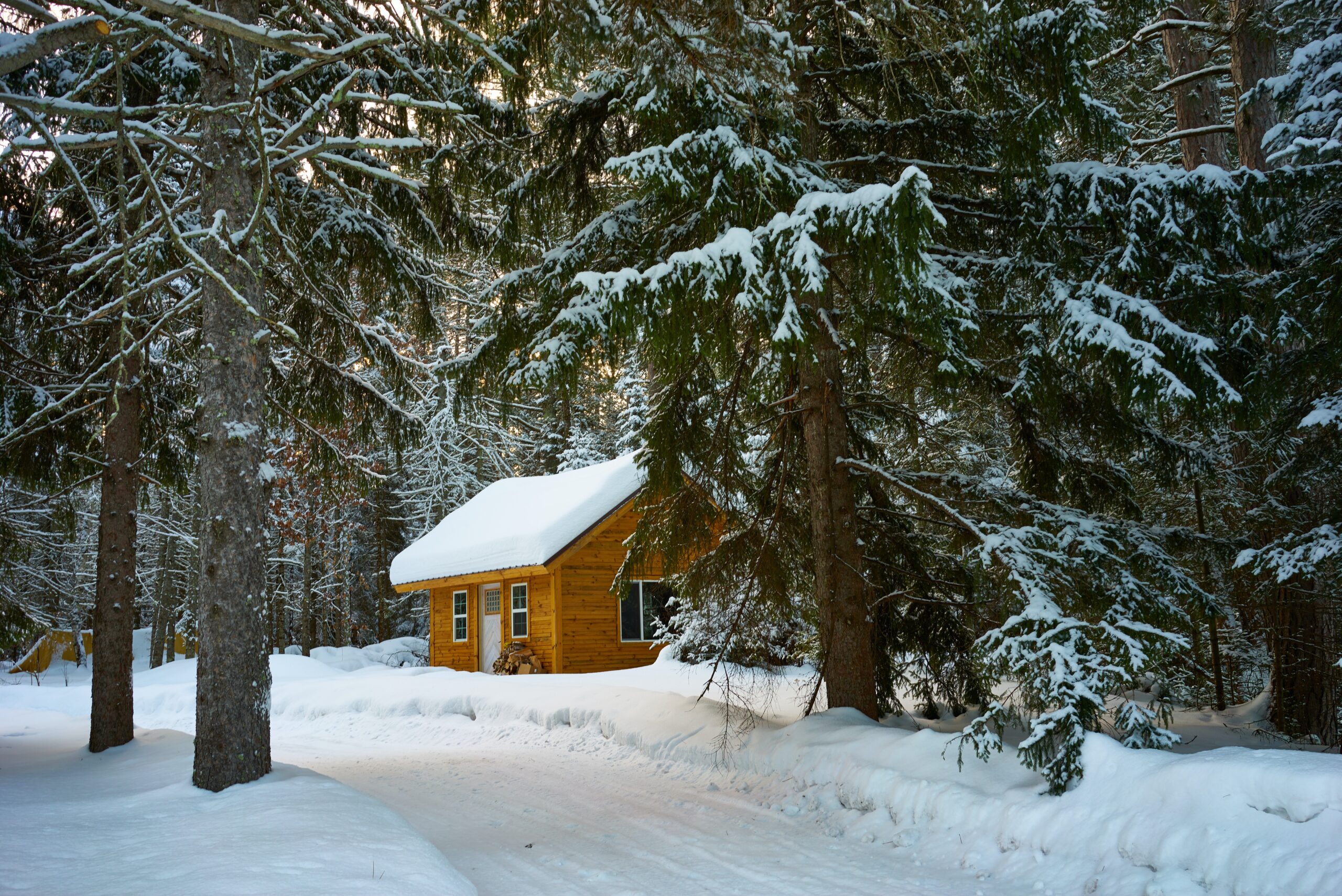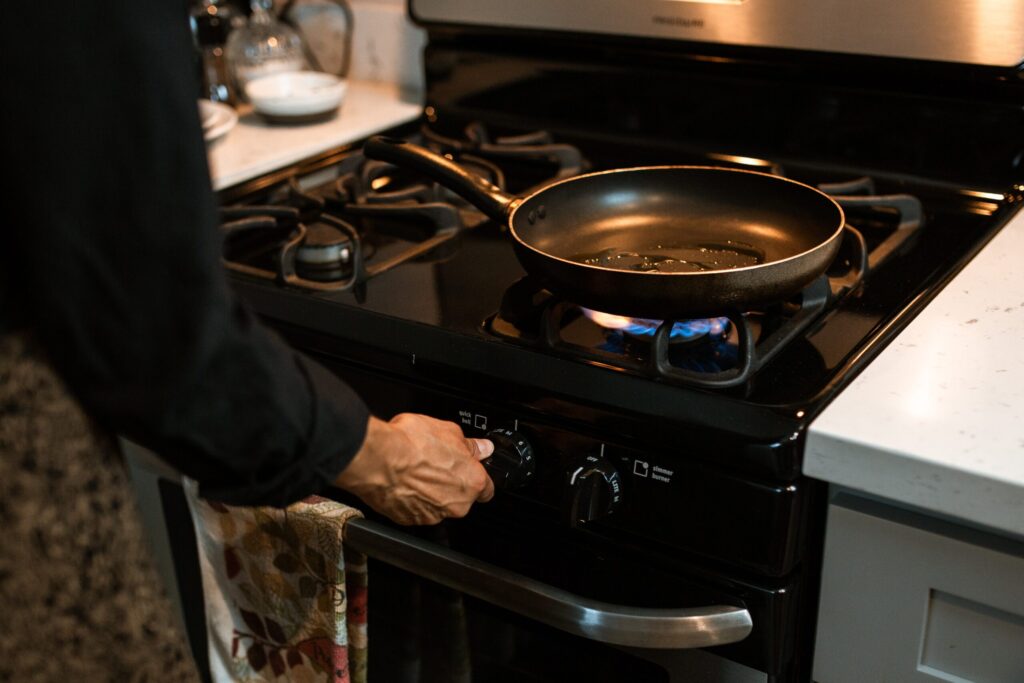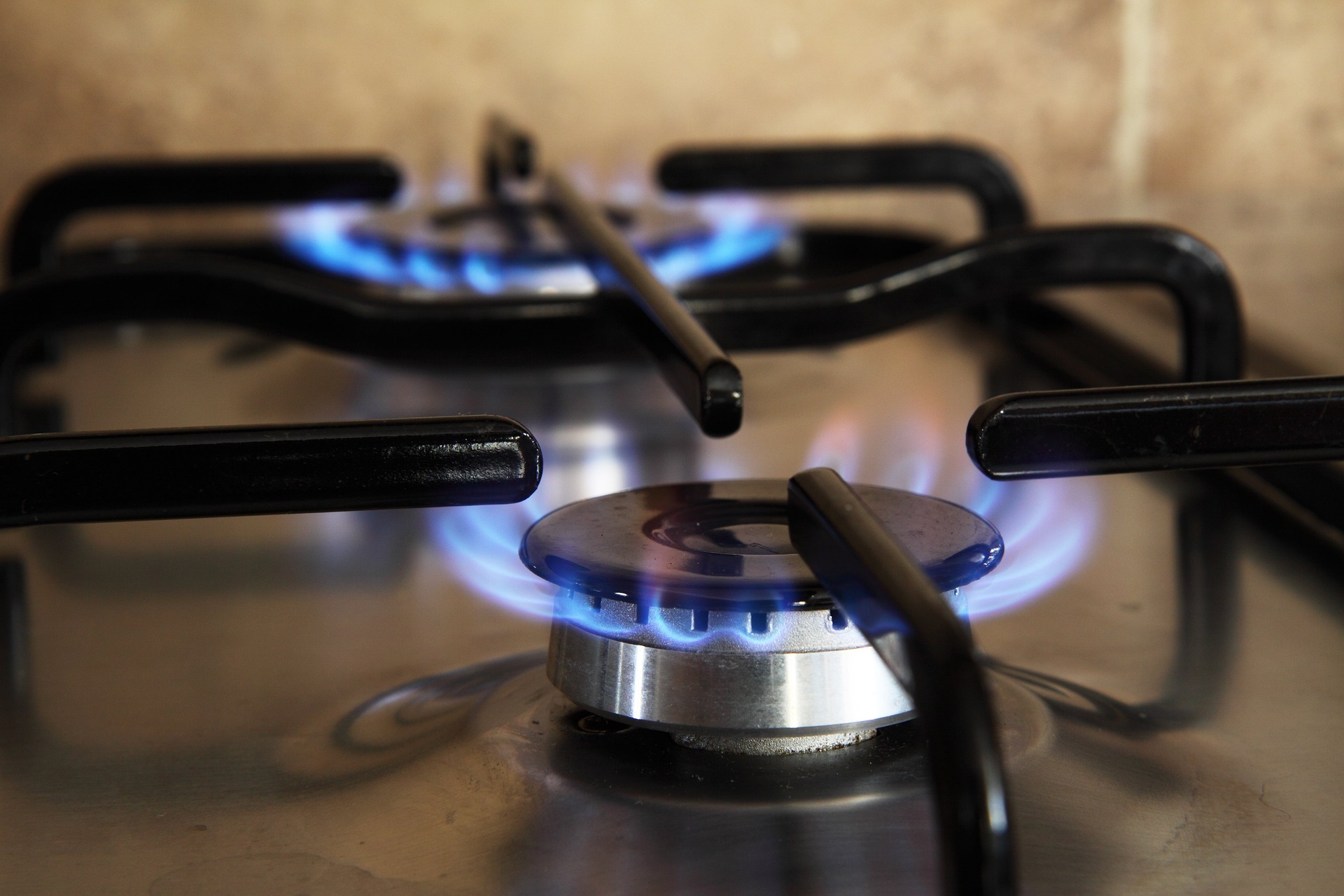 CARB’s Zero-Emission Forklift Rule: An Alternative Pathway to Compliance
CARB’s Zero-Emission Forklift Rule: An Alternative Pathway to Compliance
The California Air Resources Board’s (CARB) proposed zero-emission forklift regulation is extremely costly and does not accurately take into account all of the impacts to government agencies, small businesses, and nonprofits throughout the state.
There is a cheaper, more feasible, and more effective way to meet the state’s air quality goals.
An alternative pathway to compliance will ensure the state is meeting its greenhouse gas reduction goals while at the same time ensuring that the goods movement sector in critical industries such as food bank distribution is protected from untenable costs.
There are three ways to better meet CARB’s objectives
- Ensure California has an accurate understanding of how forklifts are utilized within the state and how the rule-making would affect real-world operations.
Currently, large spark-ignited (LSI) equipment owners are required to report their applicable diesel vehicles to DOORS, California’s online reporting system, but not their internal combustion engine (ICE) vehicles.
CARB’s modeling assumptions are based on this incomplete database. Data on ICE forklifts needs to be incorporated so that CARB accurately accounts for the true number of LSI forklifts that are on the market and understand the real impacts.
- Accelerate the adoption of stricter NOx standards for LSI engines over the same phase in period set in the rulemaking.
Increasing NOx and HC requirements over a phase-in period can incentivize even further improvements to air quality and carbon emissions without the technical, logistical, and infrastructure challenges of a technology mandate.
- Accelerate the phase-out of older, less efficient, higher emitting pre-2011 model year forklifts to provide an immediate improvement in local air quality and reduce carbon intensity.
By phasing out old models for newer forklifts operating under the current lowest standard, there could be an 80% or greater reduction in total emissions from propane forklifts alone.
For more information please click here.

